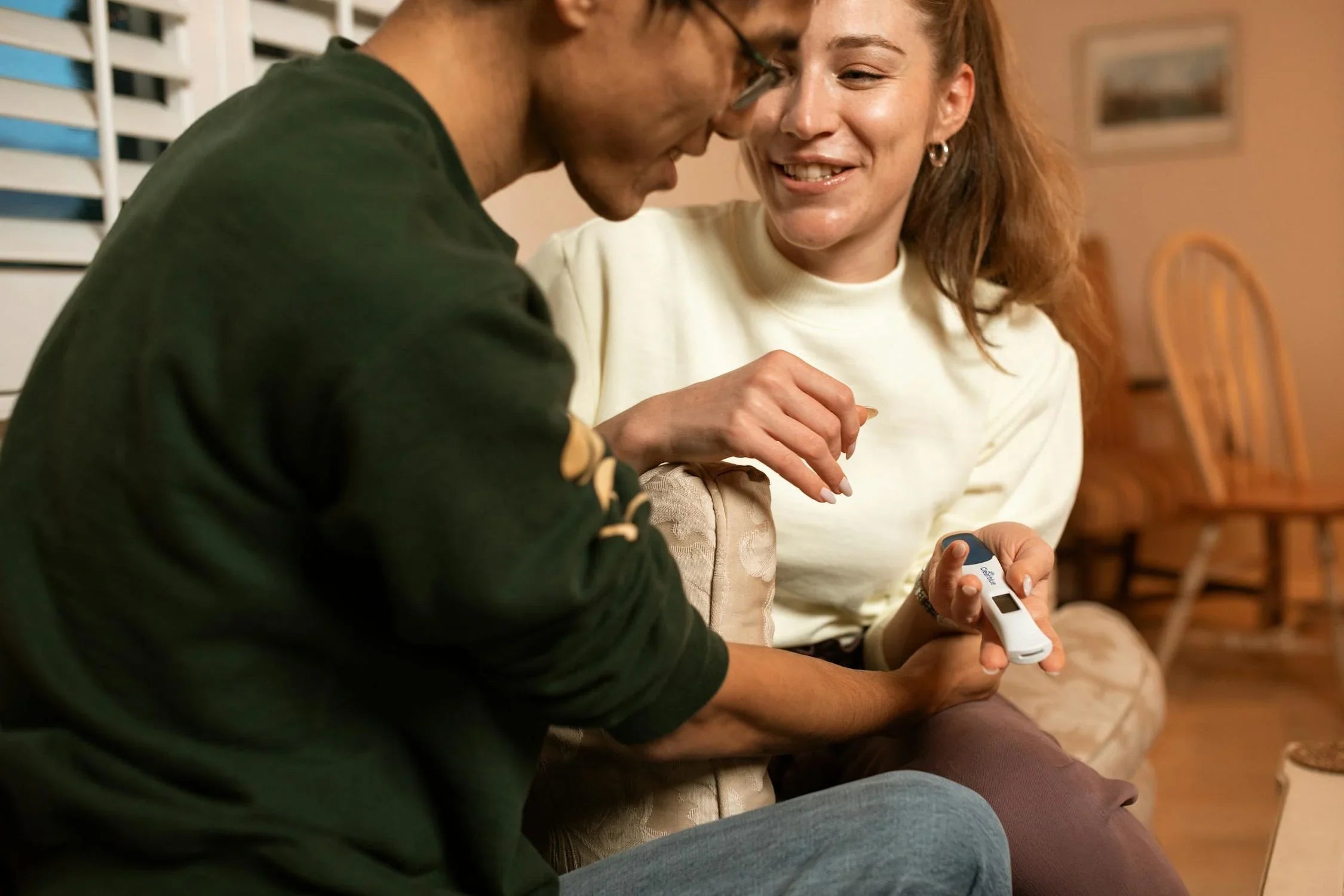Home
Pregnancy, Breastfeeding, and Pumping: The Ultimate Guide for Moms
How Many Days Needed for Pregnancy Test: A Comprehensive Guide

How Many Days Needed for Pregnancy Test: A Comprehensive Guide
When it comes to determining pregnancy, timing is everything. The question of how many days are needed for a pregnancy test is one that many individuals ask, especially when they suspect they might be expecting. This article delves into the intricacies of pregnancy testing, providing you with the knowledge to make informed decisions.
Understanding Pregnancy Tests
Pregnancy tests are designed to detect the presence of human chorionic gonadotropin (hCG), a hormone produced by the placenta shortly after a fertilized egg attaches to the uterine lining. There are two main types of pregnancy tests: urine tests and blood tests. Urine tests are the most commonly used, as they are convenient, affordable, and can be done at home.
When to Take a Pregnancy Test
The timing of a pregnancy test is crucial for accurate results. Most experts recommend waiting until after you have missed your period to take a test. This is typically around 14 days after ovulation. However, some tests claim to detect pregnancy as early as 7-10 days after conception. It's important to note that the accuracy of these early tests can vary, and false negatives are more common when testing too soon.
Factors Affecting Test Accuracy
Several factors can influence the accuracy of a pregnancy test, including the sensitivity of the test, the concentration of hCG in your urine, and the timing of the test. Tests with higher sensitivity can detect lower levels of hCG, making them more reliable for early testing. Additionally, the concentration of hCG is typically higher in the morning, so taking the test with your first urine of the day can improve accuracy.
Interpreting the Results
Interpreting the results of a pregnancy test can be straightforward, but it's essential to follow the instructions carefully. A positive result usually indicates pregnancy, while a negative result suggests that hCG was not detected. However, false positives and negatives can occur, so it's advisable to confirm the results with a healthcare professional if you have any doubts.
What to Do After a Positive Test
If you receive a positive result, the next step is to schedule an appointment with a healthcare provider. They can confirm the pregnancy through a blood test and provide guidance on prenatal care. Early prenatal care is crucial for the health of both the mother and the developing baby.
What to Do After a Negative Test
A negative result can be disappointing, especially if you were hoping to be pregnant. However, it's important to remember that false negatives are possible, particularly if the test was taken too early. If you still suspect you might be pregnant, consider waiting a few days and testing again. If you continue to receive negative results but your period does not arrive, consult a healthcare provider to rule out other potential causes.
Conclusion
Understanding how many days are needed for a pregnancy test can help you achieve accurate results and reduce unnecessary stress. By waiting until after you've missed your period, using a high-sensitivity test, and following the instructions carefully, you can increase the likelihood of obtaining a reliable result. Remember, if you have any concerns or questions, it's always best to seek advice from a healthcare professional.
Knowing when and how to take a pregnancy test is essential for anyone trying to conceive or avoid pregnancy. By following the guidelines outlined in this article, you can navigate the process with confidence and clarity. Whether you're hoping for a positive or negative result, being informed is the first step towards making the best decisions for your health and future.
Share
